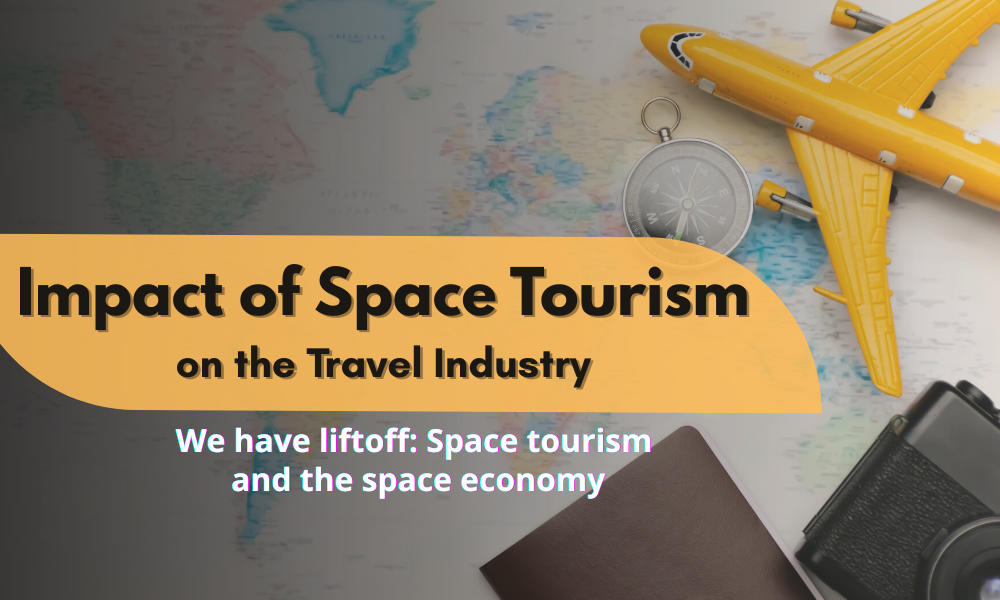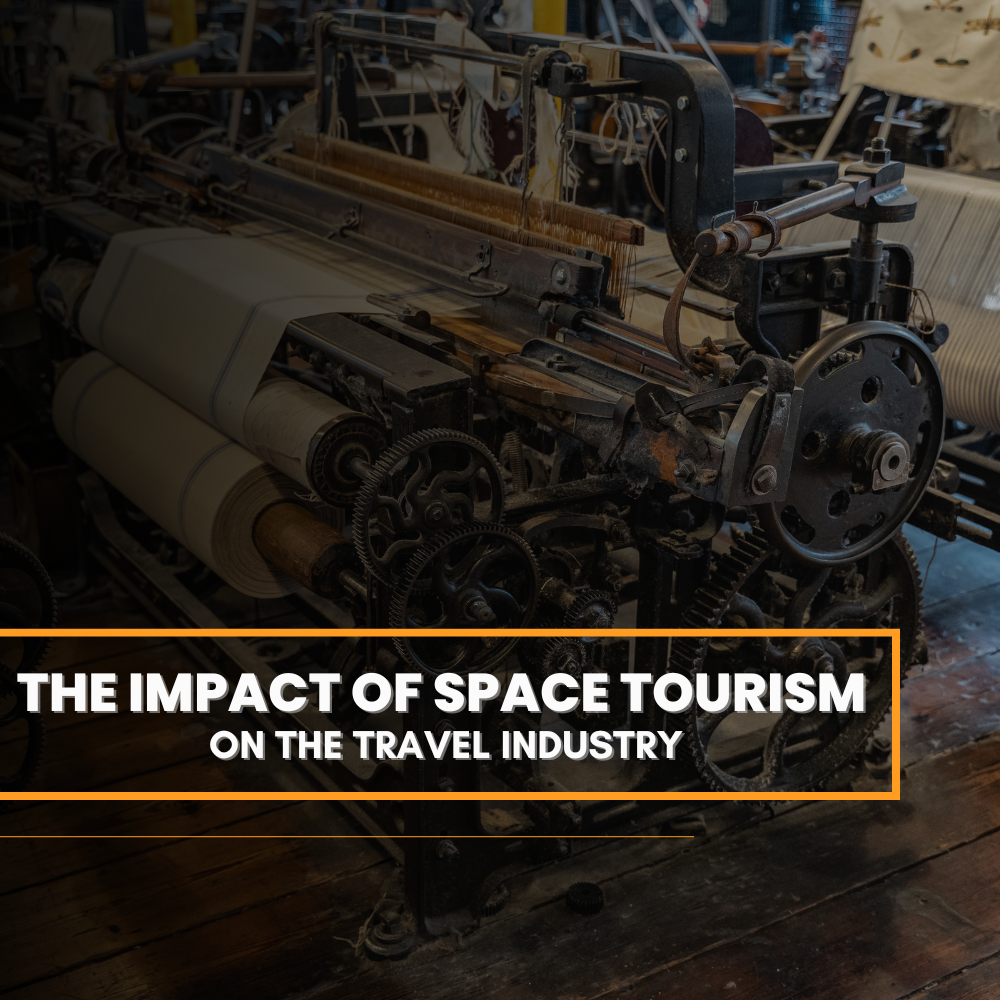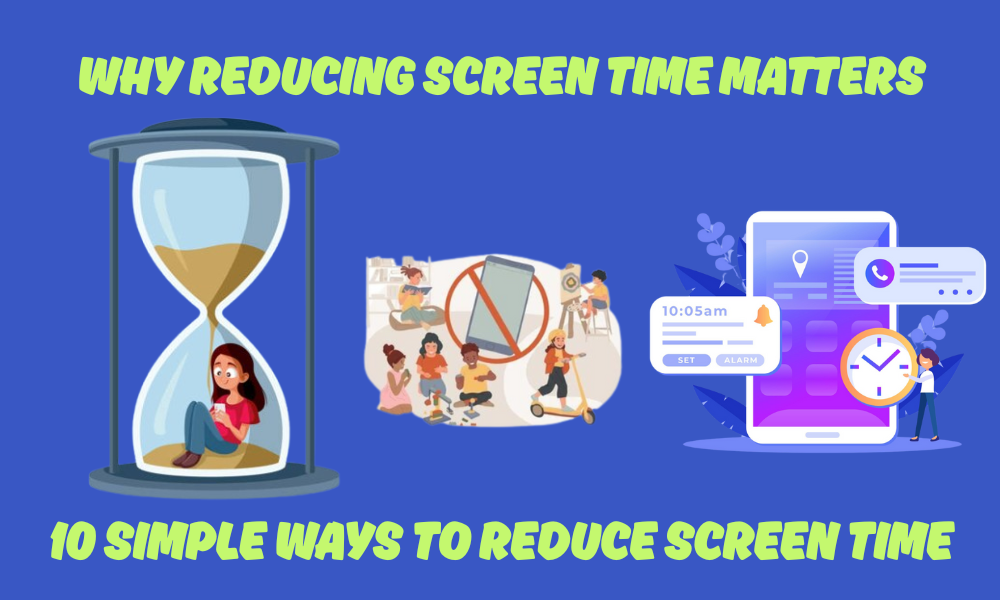The Impact of Space Tourism on the Travel Industry
Traditionally, travel has only been on Earth. From mountain getaways, sunny beaches, and crowded cities, traditional tourism has always meant visiting different locations on our planet. But now, humanity has set its sights higher – literally. Space tourism, formerly considered an imaginary dream, is rapidly becoming an actual possibility for the general public.

Introduction: A New Front in Travel
There have been amazing advances in the contemporary area of space tourism that have pushed this concept (along with humanity) much closer to the realm of possibility. Several companies are leading the charge, such as SpaceX, Blue Origin, and Virgin Galactic. Each of these companies has successfully launched non-astronaut civilian passengers into space, facilitating a new frontier in the travel industry and encouraging visitors to go beyond the atmosphere. For example, in 2021, Blue Origin launched Amazon founder Jeff Bezos along with other civilians on a suborbital trip into space, meaning that the possibility of traveling in space is not only for trained astronauts anymore.
For instance, instead of planning a vacation for Paris or Bali, travelers are now booking trips through commercial vendors to orbit the Earth or spend a few days at a space hotel. We are not just thinking about possibilities in the future – it is an exciting and meaningful next step for the travel industry.
The Development of Space Travel
Though it started decades ago, space tourism has only really taken off in the twenty-first century. In 2001, Dennis Tito became the first passenger to travel to space, paying a large price to join a Russian spaceship heading for the International Space Station. The seed was sown by that mission, but the concept remained costly and exclusive.
In the 2020s, things have undergone a significant transformation. Private businesses have aggressively joined the market. The goals of Elon Musk’s SpaceX were to lower prices, increase safety, and make reusable rockets a reality. Blue Origin, established by Jeff Bezos, created a fully programmed spacecraft that allows humans to truly feel free of weight. Virgin Galactic, owned by Richard Branson, adopted a different strategy by providing suborbital flights from spaceports that resemble upscale airports utilizing a spaceplane.
The way that pop culture and the media have contributed to the normalization of space tourism is really amazing. It has become more relatable thanks to movies, documentaries, and even posts from space travelers on social media. The world watched in wonder as famous people like William Shatner, the original Captain Kirk, took to the skies, igniting popular interest and ambition.
Space tourism is growing as a result of this fusion of creativity, narrative, and billionaire funding. It’s not just about the destination; it’s about taking part in a new era of human adventure.

Effects on the Conventional Travel Sector
Will Luxury Travel Face Competition from Space Tourism?
Space tourism is now bringing something fresh to premium vacations rather than taking its place. People who can afford space travel are typically those who like private aircraft, five-star resorts, and extravagant cruises. Therefore, space tourism is more of the next exciting choice for luxury vacationers than a rival. In the future, it might even be included in special vacation packages that allow passengers to train as astronauts before their journey or relax at a five-star resort after returning from space.
Innovative Concepts in Tourism and Hospitality
Other businesses are being forced to change their ways of thinking by space tourism. In aviation, there is speculation of developing super-fast flights capable of traveling enormous distances in a few hours by momentarily entering space. Designers in the hotel business are already imagining what pleasant, secure, and earth-gazing space hotels would look like.
Training programs are also evolving. In order to prepare the general public for future flight, companies are now providing brief astronaut-like training.
How Brands Are Changing Their Approach.
Marketing for travel is also evolving. Travel companies are evolving from advertising comfort and fun to emphasizing adventure, status, and once-in-a-lifetime events. Soon, we may see travel firms selling space excursions or major brands collaborating with space companies to develop unique space-themed products and experiences. It’s no longer about where you travel, but about being a part of something fresh and exceptional.
What Does the Future Hold?
Space tourism is no longer a fantasy; it is on its way to becoming a reality. We can expect significant developments during the next ten to twenty years. Spaceflights may grow more frequent, spaceports may be established in several countries, and the concept of relaxing in an orbiting hotel may become a reality. While it may still be out of reach for most people, the cost of space travel is expected to fall as technology advances and competition grows.
The trip won’t be simple, though. Making space flight safe for everyone—not just experienced astronauts, is one of the most difficult tasks. Building robust regulations and mechanisms to control space traffic, safeguard the environment, and prevent disputes between nations or businesses is another problem. The area surrounding Earth might become as congested and dirty as some areas of the planet if proper planning isn’t done.
Nevertheless, interest in space travel is rapidly increasing. It is forcing governments, engineers, and scientists to think outside the box. Space tourism has the potential to be one of the most fascinating aspects of the travel business if its current momentum holds, altering not only where we go but also how we envision the future.
Conclusion
Space tourism has set off in a brilliant new era of human travel, one full of enthusiasm, creativity, and serious problems. While still in its early stages, the idea of traveling beyond Earth is gradually becoming a reality. As technology advances and the industry expands, it is our responsibility to ensure that this journey is safe, fair, and meaningful—not just for a few, but ultimately for many. The future of travel is looking bright—literally.
Author’s Bio
Author Nikita is professional content writer, she is always exciting to express thoughts & insights into wonderful words on various topics.















